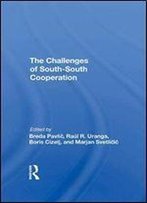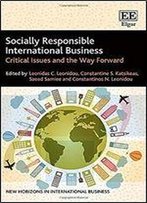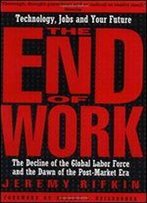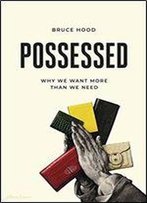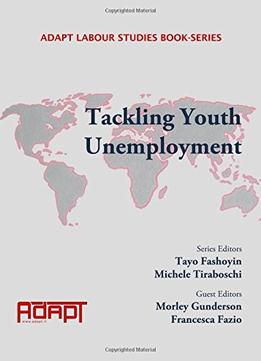
Tackling Youth Unemployment
by Francesca Fazio /
2014 / English / PDF
3.2 MB Download
Youth have always had higher unemployment rates - about twice or more than the average - as they are usually the last to be hired in an expansion and the first to be let go in a recession. In addition, young people engage in extensive job searching in their early years, and this can imply considerable job churning as both youth and employers look for a good match. This highlights the importance of facilitating the school-to-work transition and having early interventions to assist such youth before negative conditions set in. It also highlights the potential importance of determining those young people most "at risk" of long-term unemployment, and of targeting or streaming them into programmes that will yield the largest incremental net benefits given their characteristics. Unemployed youth without previous work experience often are not eligible for unemployment insurance benefits when they first enter the labour market. When they do receive job search assistance, they often face a bewildering array of programmes that are available to assist them, often with little guidance to help them select the programs that best meet their needs. Consequently, ensuring that today's youth do not become a "lost generation" is an urgent matter. George Bernard Shaw once said that it is too bad that "youth is wasted on the young", implying that youth do not realize the opportunities they have as youth and only see them as they get older. There is a danger, however, that many of today's youth may be never have those opportunities and hence not even see them with hindsight. This book and others in the ADAPT Labour Studies Book-Series are intended to deal with these challenges, to make sure that youth is not wasted on the young.

